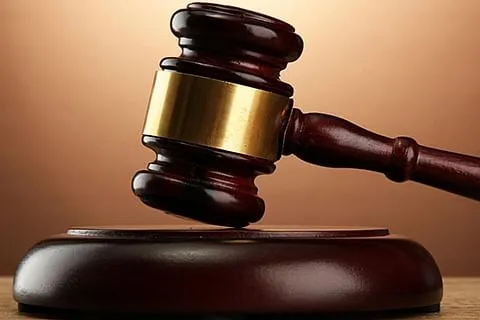Dismissing a case against a doctor for an alleged medical negligence, a court in Ganderbal district has underlined the need to exercise “extreme care and caution” while initiating criminal proceedings against the medical practitioners.
Referring to the Supreme Court judgments, Jacob Mathew (Dr) Vs State of Punjab and Dr Suresh Gupta Vs Government of NCT Delhi, the Principal Sessions Judge Ganderbal, Muhammad Yousuf Wani said the bonafide medical practitioners should not be put through unnecessary harassment.
The doctors, the court said, would not be able to save lives if they were to tremble with the fear of facing criminal prosecution. “In such a case, a medical professional may leave a terminally-ill patient to his own fate in an emergency where the chance of success may be 10% rather than taking the risk of making a last ditch effort towards saving the subject and facing criminal prosecution if the effort fails,” the court said.
It held that “such timidity” forced upon a doctor would be a disservice to society. The criminal revision plea against Dr Showkat Ahmad Parray was related to a case filed by police against Parray following a complaint that on 9 September 2011, the accused administered Ceftriaxone injection to a woman, despite being informed by her husband that she was allergic to antibiotics.
As the woman’s condition deteriorated, the accused had referred her to SKIMS, Soura from SDH Ganderbal where he was posted. However, the woman was declared brought dead on arrival at the SKIMS.
The case (FIR No. 162/2011) registered with the police Station Ganderbal under section 304-A RPC culminated into filing of a challan which was however dismissed by the Chief Judicial Magistrate Ganderbal on 30 April 2012.
The trial court discharged the accused for lack of requisite sanction as mandated under section 197 of the Code but gave a liberty to the prosecution to proceed under law against the accused after obtaining the requisite sanction.
“The main fatal lacuna in the case is that the criminal action has been initiated against the accused doctor by registering the case against him unmindfully without complying with the guidelines and the directions of the Supreme Court regarding cases of medical negligence,” the court said and dismissed a government order, granting prosecution against the doctor and set aside the trial order allowing sanction for the prosecution despite dismissing the challan.
“The doctor was on duty when the deceased was brought to the hospital in her ailing condition,” the court said, adding, “It is not the case of the prosecution that the accused doctor was not holding the requisite qualification as Medical Officer. As a doctor he was master of his case at the relevant time and surely he was the person to decide how to treat a patient,” the court said.
The deceased’s body was not subjected to postmortem because her legal heirs approached district magistrate Ganderbal and got an order for not performing it, the court said. “A competent medical board alone could have decided as to whether the accused doctor in the attending circumstances has restored to any negligence and carelessness leading to the death of the deceased.”
The court said that the medical profession was the noblest of all and the doctors were discharging functions which are divine in nature. “They share the grim side of human life. During the ongoing COVID19 pandemic, doctors and paramedics have been working as forefront warriors, advising people to stay indoors,” the court said, adding, “There are sufficient provisions in the penal code under chapter IV titled “General Exceptions” which protect the bonafide actions of the doctors done in good faith. Of course people repose utmost trust and confidence in the doctors and they do not equally deserve to be protected for their willful negligent and careless acts constituting offences under panel law.”
Underling that negligence in the context of medical profession necessarily calls for a treatment with a difference, the court said that “letting (the accused) to undergo further trauma would be miscarriage of justice and abuse of process of law.”






